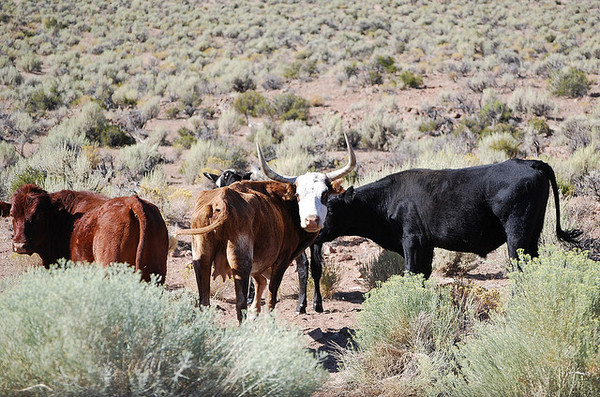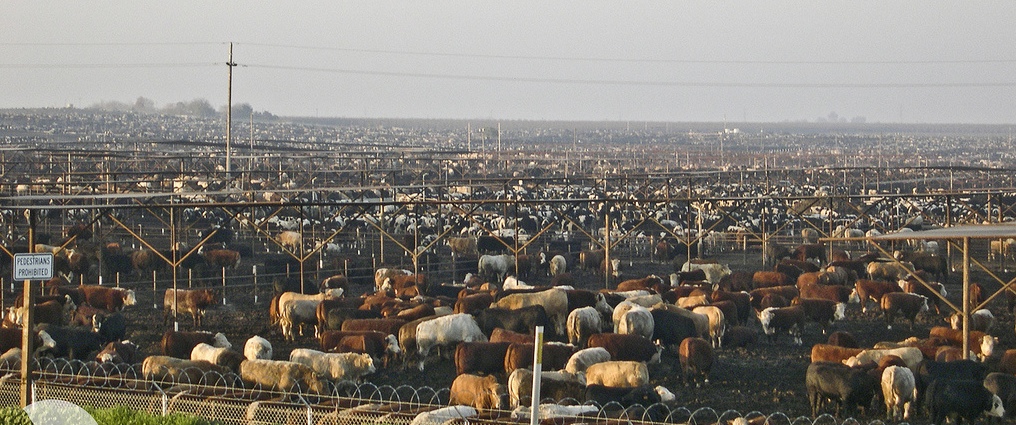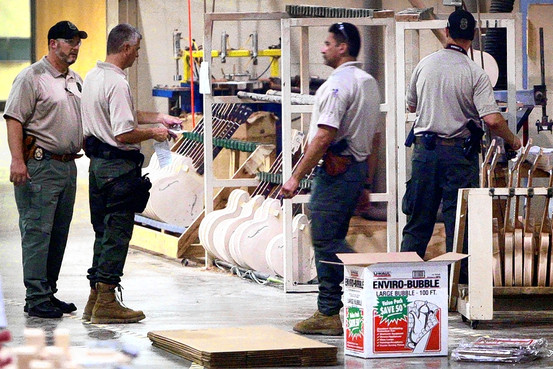Changes in federal policy on grazing on public lands will not lead to a catastrophic collapse of the economies of the West. Only a tiny sliver of those economies rely on federal grazing. A much larger part of those economies rely on the region's higher-quality living environments. The economies can certainly adjust productively to almost any change in the price or quantity of federal forage. Regional economic impacts should not be the issue. Some ranches and individuals will be significantly impacted in a negative way. Some certainly will be hurt by changes in policy. Depending on the equities involved, we as a people may want to assist those negatively impacted. It is grossly inefficient, however, to make blanket public policies to deal with the problems of a few. It is far more efficient to deal directly with those who suffer significant impacts and to assist them in making the necessary adjustments.
Most Americans, however, have an interest in the well-being of western ranchers that goes beyond whether they are or are not the economic base of the rural West. Western ranchers are an important cultural icon. In addition, the wide open spaces of the West that ranchers work are part of the landscape we deeply value. We would like to keep both that ranching way of life and that landscape. We can do that.
Unlimited grazing access to federal lands is not central to either of these objectives. As discussed above, ranching in the West is not going to disappear if it loses access to some or all federal forage. It will simply reorganize and work the private, state, and tribal lands of the West.



